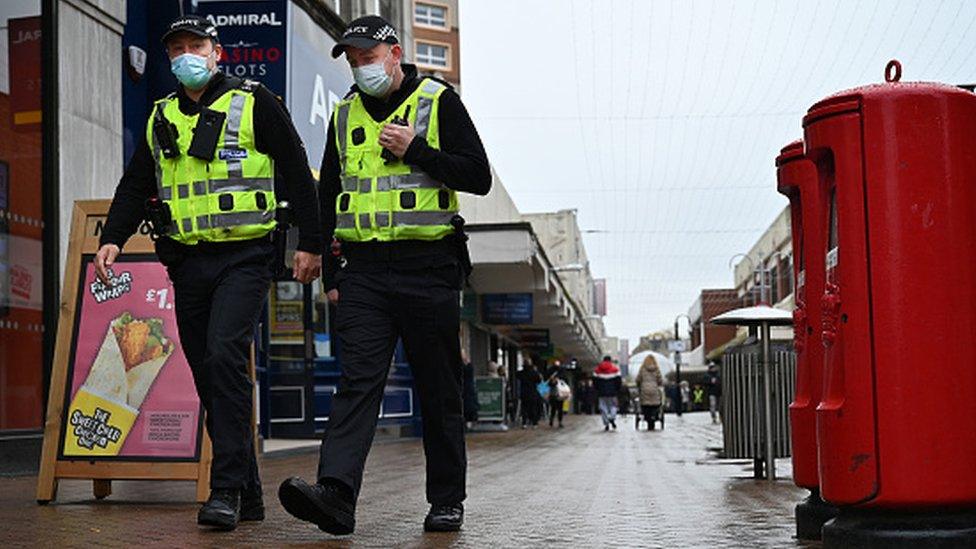Mayor of Middlesbrough calls for trouble-making children to be tagged
- Published
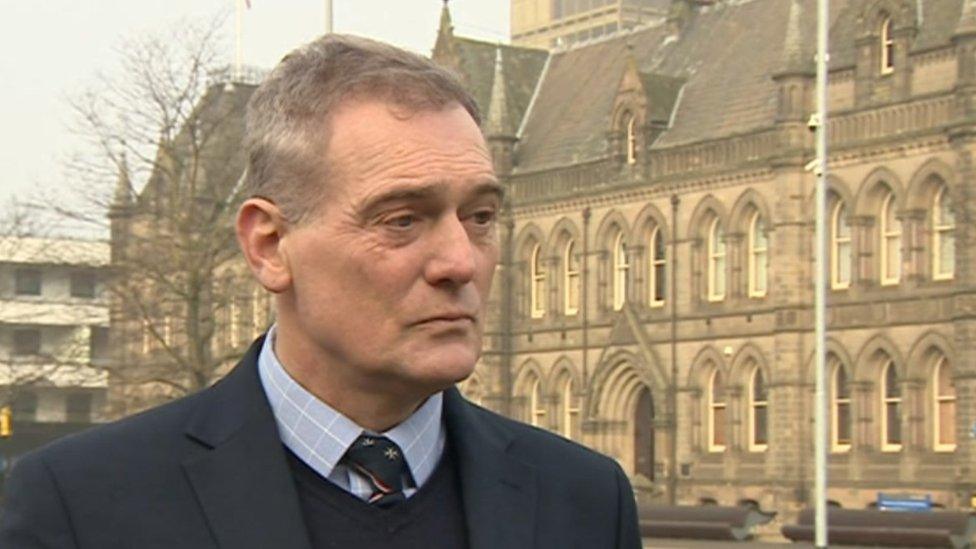
Mayor Andy Preston said he wanted "new laws that protect the public" from known trouble-makers
A town's mayor has called for a change in the law to allow children to be tagged after an outbreak of anti-social behaviour involving 30 youngsters.
Andy Preston says Middlesbrough has "a massive problem" with "kids doing criminal damage and intimidation".
His comments follow disorder in the Berwick Hills area on Saturday which saw vehicles, including a police car, damaged and people left "terrified".
The government says children who offend should be managed in the community.
Describing the trouble, Mr Preston said about 30 children had "terrified shop staff and decent people" around Norfolk Place and vandalised cars.
Writing on social media he said "society is stupidly soft. We need to see the worst of these kids being locked up fast".
Allow Facebook content?
This article contains content provided by Facebook. We ask for your permission before anything is loaded, as they may be using cookies and other technologies. You may want to read Meta’s Facebook cookie policy, external and privacy policy, external before accepting. To view this content choose ‘accept and continue’.
Ch Insp Wendy Tinkler, from Cleveland Police, said: "It's concerning that this situation has escalated due to some of the youths involved in the anti-social behaviour travelling from other localities after being made aware of the issues at Berwick Hills via social media."
She urged parents to check where their children were in the evenings to help prevent them "being involved in criminality".
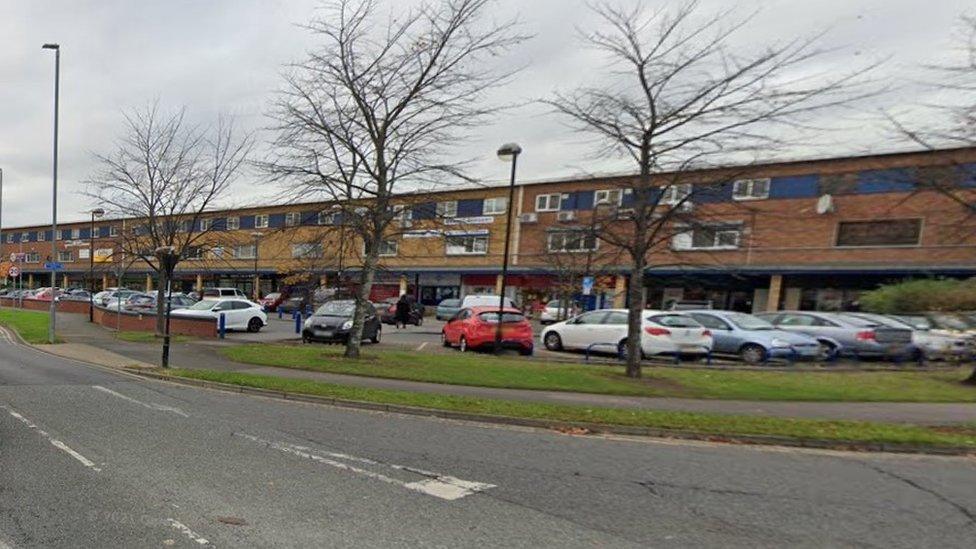
Police say the disorder escalated as more youths travelled to Berwick Hills after seeing what was happening on social media
A Home Office spokesperson said anti-social behaviour could be "a gateway to more serious crimes" and tackling it was a "key part" of its agenda.
It added that, although there were plans to double the number of offenders tagged, external by March 2025, it believed children who offended should be managed in the community "as it is more beneficial for their rehabilitation".
"Preventing youth crime requires all parts of the public sector, from law enforcement, local government, education and health services, to work together to identify at-risk young people and help steer them towards a brighter future," the spokesperson added.
'We know the trouble-makers'
Mr Preston said he wanted all Teesside MPs "to push for new laws that protect the public", including "imposing curfews at short notice and the ability to tag kids who are present when serious crimes occur".
"We know who the trouble-makers are and we want to see kids 12-16 being tagged if they are known trouble-makers, let's tag them so we know where they are," he said.
"Surveillance works, it deters crime and it catches criminals."

Middlesbrough MP Andy McDonald said rather than tagging he wanted to know why agencies were failing to address anti-social behaviour
However, Middlesbrough's Labour MP Andy McDonald described Mr Preston's "immediately populist" calls as a "lovely knee-jerk reaction" and questioned if it was an answer.
"Are we really saying this is the correct response?
"I'd rather point to the failures of the agencies and ask the question why they've been so failing in their duties to address these endemic problems."
Currently electronic monitoring, known as tagging, is used in England and Wales to check an individual's movements - based on curfew or location - which are decided by the court, prison governor or parole board.
Tags are usually attached to an offender's ankle and linked to a monitoring unit.
If conditions are breached, the tag wearer can be taken back into custody or appear in court.

Follow BBC North East & Cumbria on Twitter, external, Facebook, external and Instagram, external. Send your story ideas to northeastandcumbria@bbc.co.uk, external.
Related topics
- Published24 January 2022
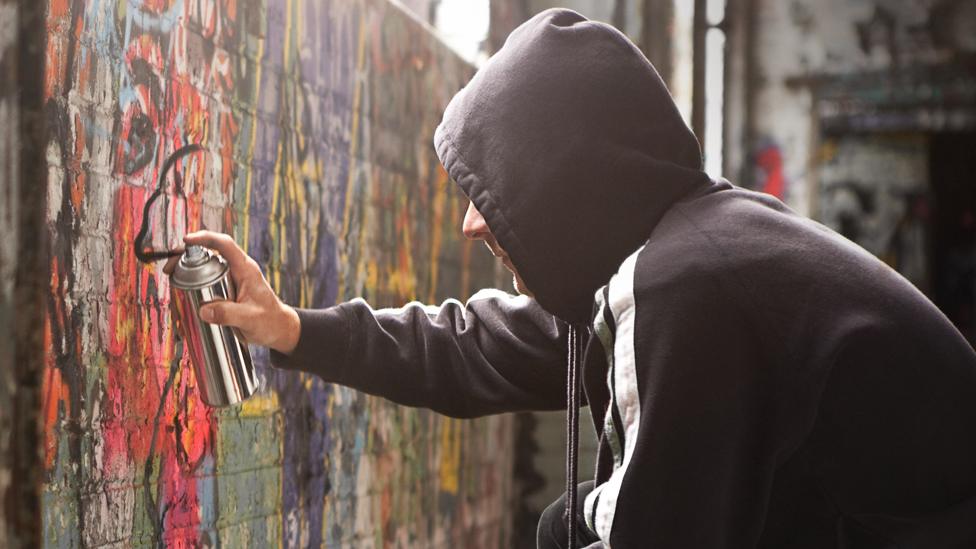
- Published25 July 2022
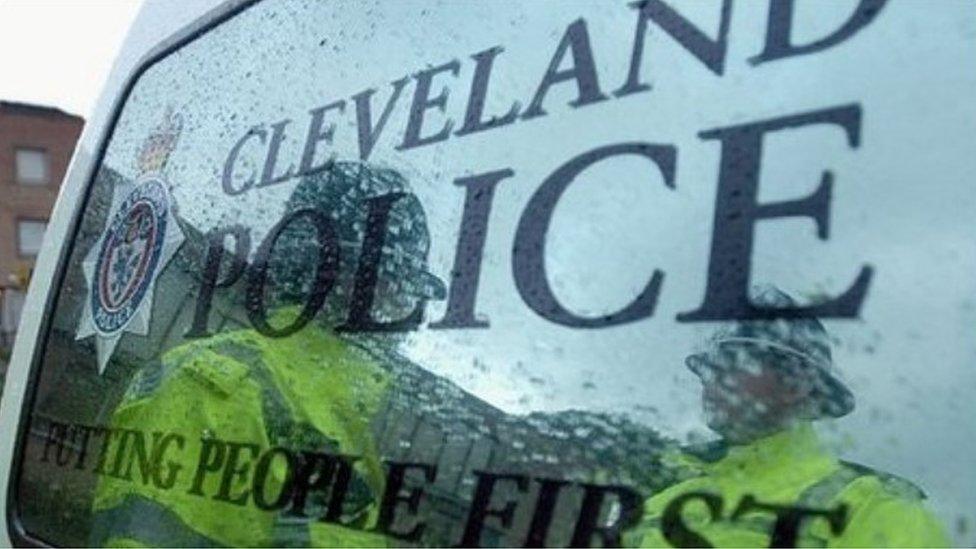
- Published12 April 2022
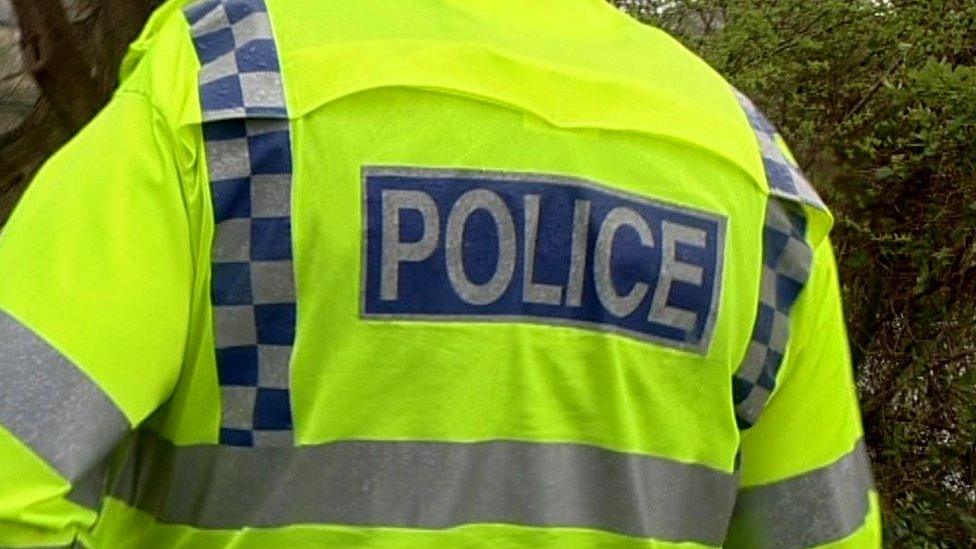
- Published1 April 2022
